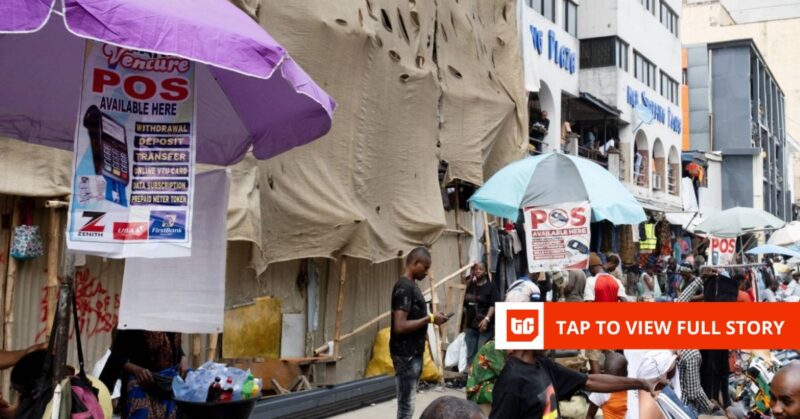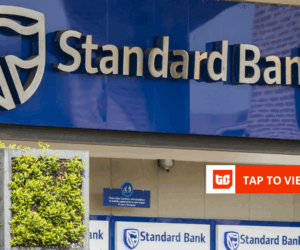If you are one of Nigeria’s two million banking agents holding on to a Moniepoint, OPay, or PalmPay POS terminals, it might be time to return at least two. From April 1, 2026, Point of Sale agents must be exclusive to one principal, i.e., banks, mobile money operators, microfinance banks, and payment service banks, as part of the Central Bank of Nigeria’s (CBN) new agent banking rules.
The new guidelines, released on October 6, 2025, mark the most comprehensive regulatory overhaul since agent banking began in 2013. The rules were designed to “provide minimum standards for the regulation and operations of agent banking in Nigeria, enhance agent banking as a delivery channel for offering financial services to drive financial inclusion; and encourage responsible market conduct and improve service quality in the operations of Agent banking,” the CBN said in its circular.
Banking agents, better known as Point-of-sale (PoS) operators, who have long operated across multiple platforms to serve customers of different banks, will now be allowed to work with only one principal (a bank, microfinance institution, payment service bank, or mobile money operator) or one licenced super agent.
Banks, fintechs, and other principals must publish an updated list of their agents with location on their websites. The rules aim to enhance the enforcement of the new daily withdrawal limits of ₦1.2 million ($816.18) and location restrictions on banking agents, as the CBN intensifies its oversight of the country’s rapidly growing agent banking sector.
Principals must now ensure that agent banking services are clearly demarcated from merchant activities and monitor agents’ BVN(s) to identify activities outside their designated account(s) and limits. Agents must now maintain records of all transactions and promptly report suspicious ones and incidents to their principals. The CBN can now, at any time, bypass principals and ask agents directly for their records.
The industry has six months to comply, a move that could reshape Nigeria’s financial services distribution network and affect millions of daily cash transactions across urban and rural communities.
The guidelines require that all agent transactions be conducted through a dedicated agent account or wallet maintained with their principal institution. Any transaction conducted outside this account will be deemed a regulatory breach and could lead to termination, blacklisting, or prosecution.
Nigeria’s agent banking model has expanded rapidly over the past decade, driven largely by fintechs such as Moniepoint, OPay, and PalmPay. Nigeria had 8.36 million registered PoS terminals, with 5.90 million active/deployed as of March 2025.
Transactions hit a record ₦10.51 trillion ($7.15 billion) in Q1 2025, a 301.67% increase from Q1 2024, as agents become the primary gateway for cash. However, this has come with inflation concerns as the apex bank continues to rein in inflation. Currency outside the banking system stood at ₦4.45 trillion ($3.03 billion) in August 2025, with inflation at 20.12%.
This new rule is part of agent banking reforms by the CBN, with operators currently in the middle of system upgrades and geo-fencing exercises. According to the apex bank, its new guidelines are part of efforts to maintain the stability of the financial system.
Note: exchange rate used: ₦1,470.26/$
Mark your calendars! Moonshot by TechCabal is back in Lagos on October 15–16! Meet and learn from Africa’s top founders, creatives & tech leaders for 2 days of keynotes, mixers & future-forward ideas. Get your tickets now: moonshot.techcabal.com









